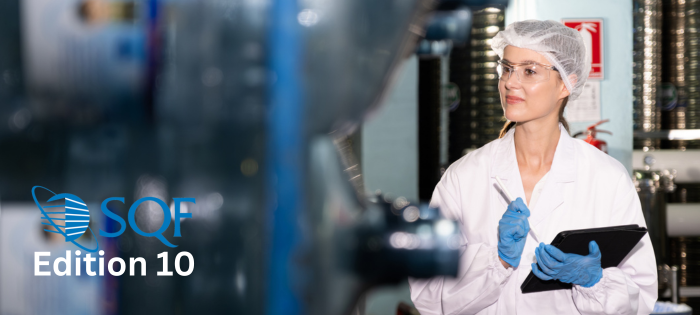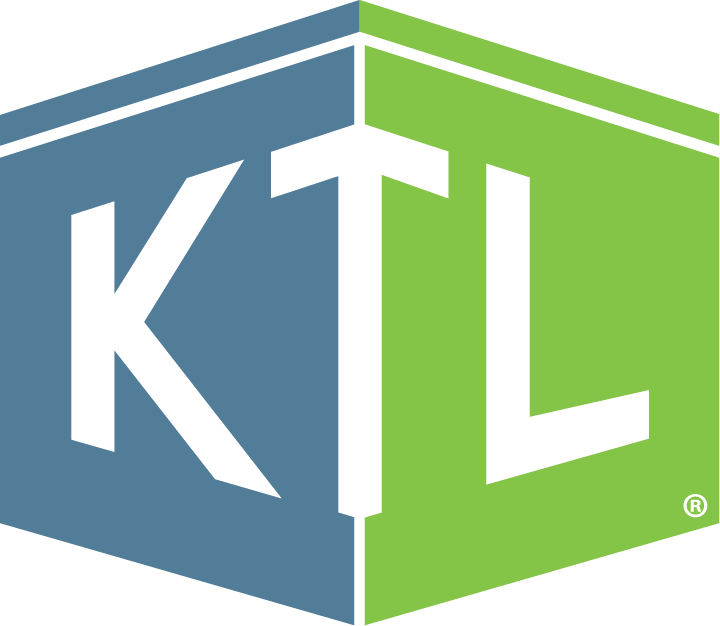
Food Safety
Comments: No Comments
The Safe Quality Food (SQF) Program is a rigorous food safety and quality program. Recognized by the Global Food Safety Initiative (GFSI), the SQF codes are designed to meet industry, customer, and regulatory requirements for all sectors of the food supply chain. SQF certification showcases certified sites’ commitment to a culture of food safety and operational excellence in food safety management.
In mid to late August 2025, SQF will be releasing Edition 10 to align the code with the latest GFSI benchmarking criteria, updated regulatory requirements, and scientific changes. According to the SQF Institute (SQFi), SQF Edition 10 is designed to reshape how food manufacturers approach safety, culture, change management, and continuous improvement. Edition 10 is scheduled for implementation with audits beginning April 2026.
Key Updates
According to SQFi, Edition 10 represents a strategic evolution in food safety management, focusing on three critical areas:
- Food Safety Culture. Edition 9 elevated food safety culture by requiring senior leadership to lead and support a food safety culture within the site. Edition 10 aims to transform food safety from a procedural requirement to an organizational mindset by mandating robust Food Safety Culture Plans that demonstrate comprehensive strategies for the following:
- Effective communication.
- Comprehensive employee training.
- Systematic feedback.
- Continuous improvement.
- Change Management. Edition 10 implements a mandatory change management clause that requires organizations to develop documented procedures for handling all types of changes (i.e., equipment, processes, personnel). The intent is to help organizations better identify and manage risks and prevent potential incidents.
- Environmental Monitoring. Edition 10 requires a risk-based assessment to determine environmental monitoring needs. This will allow sites to develop monitoring strategies and programs based on their specific operational risks and environments.
In addition, Edition 10 includes the following updates:
- Documentation: Requirements for documentation are now contained in a single structured section to simplify compliance and improve auditor efficiency.
- Training: Edition 10 includes enhanced training and competency assessments so personnel at all levels understand and are prepared to maintain food safety standards.
- SQF pre-audit: The concept of pre-audits (i.e., internal audits) is reintroduced to help sites better prepare for certification.
Planning for Change
For companies that are SQF-certified, now is the ideal time to assess current SQF program elements, identify improvements that are internally desirable and required by the new standard, and implement those updates that will make the SQF program more useful to the business. This can be done through a series of phases to ensure adoption throughout the organization.
Phase 1: SQF Assessment
An assessment should begin by reviewing the following:
- Existing SQF programs, processes, and procedures.
- Existing document management systems.
- Employee training tools and programs.
This documentation review and program assessment will help to identify elements of the existing SQF program that are acceptable, those that show opportunities for improvement, and those that may be missing, including those needed for development and implementation to meet the requirements of SQF Edition 10.
Phase 2: SQF Program Updates
The assessment will inform a plan for updating the SQF certification program, including major activities, key milestones, and expected outcomes. Development/update activities included on the plan may include the following:
- Developing new or updating current SQF programs, processes, and procedures with missing Edition 10 requirements, including new procedures for change management and environmental monitoring.
- Updating training programs with any new and additional requirements, focusing on enhanced competency assessments.
- Revising document register to align with SQF Edition 10 changes.
- Updating records and forms with any new/additional requirements.
- Updating Food Safety Policy to include new food safety culture requirements.
When implementing program updates, leveraging existing management system and certification program elements and utilizing proven approaches can greatly streamline the process.
Phase 3: Training
To ensure staff are prepared to implement and sustain the updated SQF Edition 10 program, training is important. This includes training for affected staff on applicable requirements; specific plans, procedures, and Good Manufacturing Practices (GMPs) developed to achieve compliance; and the certification roadmap to prepare for future audits.
Following this plan now will help companies ensure they maintain their SQF certification when audits begin under SQF Edition 10 in April 2026 and demonstrate their ongoing commitment to meeting customer and regulatory requirements, protecting the company brand, and keeping consumers safe.
